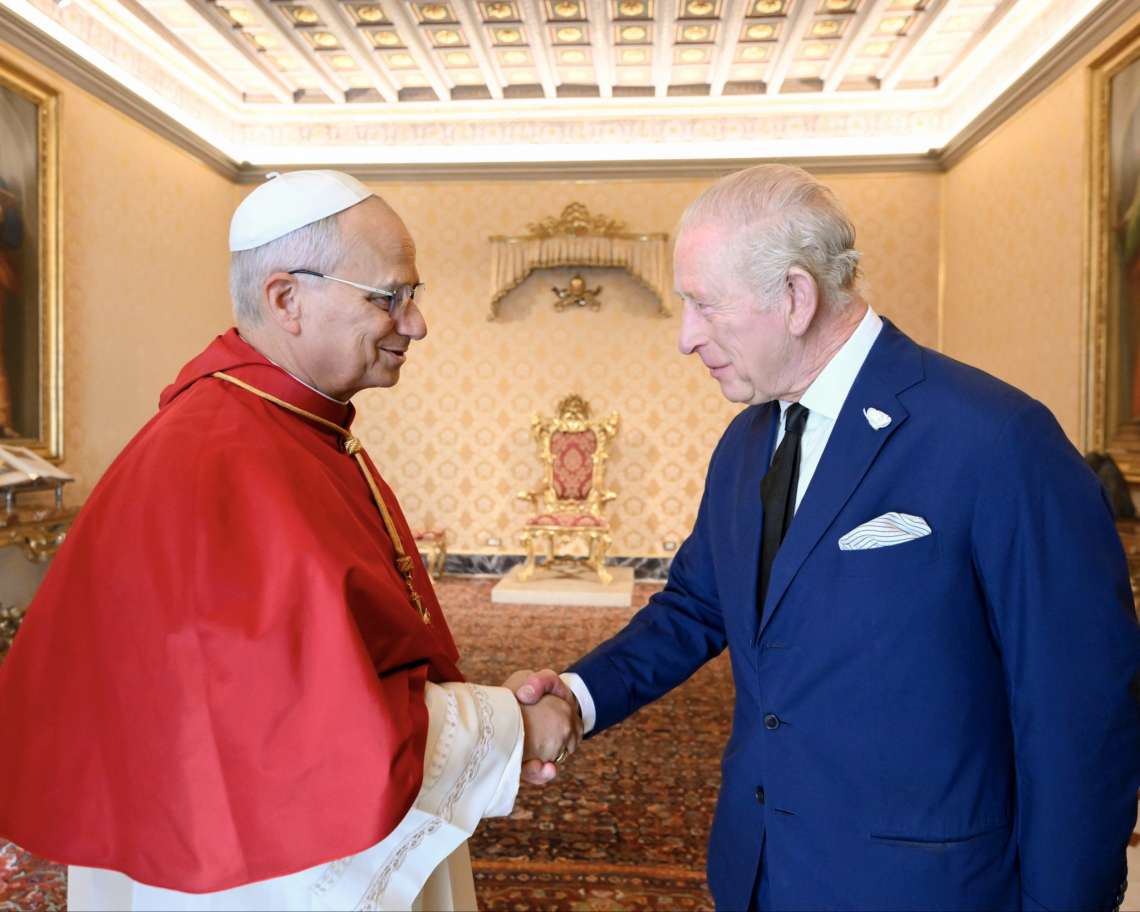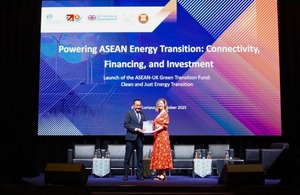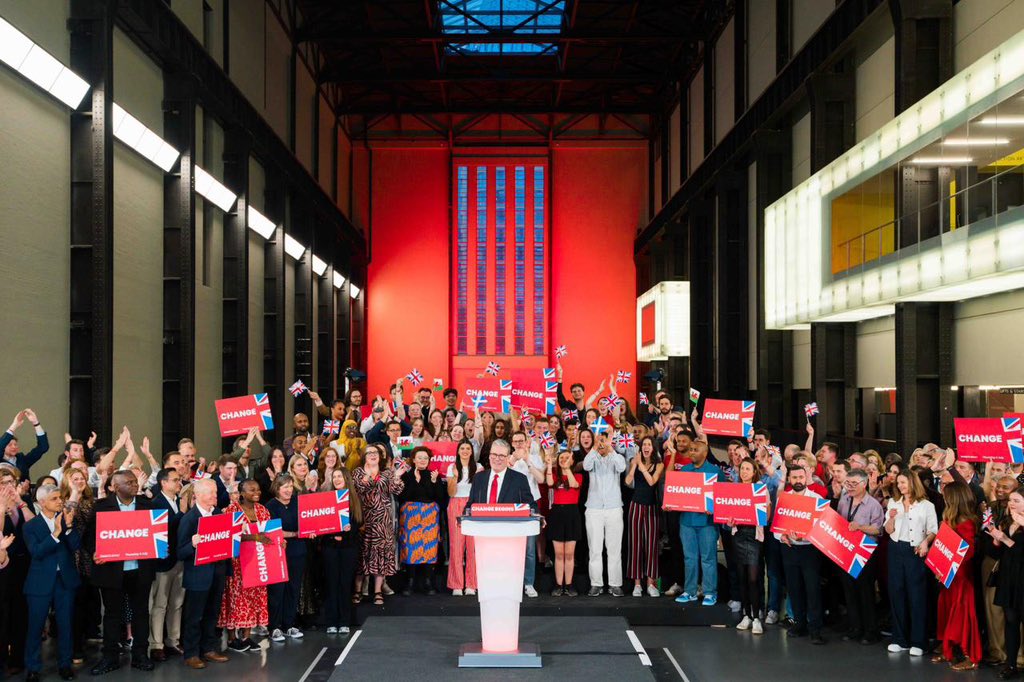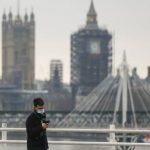When Diamond worked for the New Labour government of the early 2000s, then-premier Tony Blair and finance minister Gordon Brown benefitted from healthy economic growth, boosting public coffers while keeping taxes low…reports Asian Lite News
Keir Starmer has a daunting in-tray when his Labour party gets to work governing Britain after almost a decade and a half in opposition.
“It’s more a gigantic trunk of problems,” political scientist Karl Pike told AFP, listing issues ranging from ending strikes in the state-run health service to negotiating a new post-Brexit deal with the European Union.
Starmer, 61, has six priorities to “change” the United Kingdom following 14 years of largely chaotic Conservative rule dominated by Brexit, a crippling cost-of-living crisis and fratricidal infighting.
But implementing his so-called “first steps” will be far from easy due to a battered economy, public services that are on their knees and widespread disillusionment with the political establishment.
“Even the simpler, more straightforward commitments in the manifesto could still actually turn out to be harder to execute,” Patrick Diamond, a former Downing Street policy adviser, told AFP.
When Diamond worked for the New Labour government of the early 2000s, then-premier Tony Blair and finance minister Gordon Brown benefitted from healthy economic growth, boosting public coffers while keeping taxes low.
It allowed them to hit the ground running with several wide-ranging reforms at the same time as the charismatic Blair rode a wave of euphoria toward him and his center-left party.
Today, growth is anaemic, with Labour’s victory arguably more born out of frustration with the Tories than overwhelming enthusiasm for Starmer’s party, making his job harder.
“It’s a very different environment,” said Diamond. “The objective of having growth, low taxes and more public spending is just not going to be available to this Labour government.”
Labour has committed to the Conservatives’ spending plans and fiscal rules restricting debt to a share of GDP, limiting the amount it can borrow.
It has also ruled out raising the main taxes paid by Britons, meaning investment will be heavily reliant on spurring unguaranteed economic growth.
“Although tax and borrowing are at historically high levels, and Labour’s pledges will constrain its room for maneuver, that will not prevent a new government from making significant changes to policy over time,” Peter Sloman, a politics professor at Cambridge University, told AFP.
Starmer’s top three priorities are to deliver economic stability, cut waiting times in the state-run National Health Service (NHS) and launch a new border security force to tackle record levels of irregular migration.
His other main pledges are to set up a publicly owned body investing in clean power called Great British Energy, crack down on antisocial behavior and recruit 6,500 new teachers.
“The ‘first steps’ are deliberately modest,” said Sloman, noting that the promise on teachers and the pledge to create an extra 40,000 NHS appointments a week are “carefully worded to ensure they can be delivered.”
“I think the bigger challenge for a Labour government will be dealing with growing crises in other parts of the public sector — such as prisons, higher education, social care, and local government — where a decade of austerity has created serious problems,” he added.
Starmer will also have to contend with a number of pressing foreign policy concerns, most notably continuing the UK’s lead of rallying Western support for Ukraine’s defense against Russia’s invasion.
The PM’s first full week in the job next week will see him travel to Washington to attend a NATO leaders’ summit.
His trip comes as some polls predict that Donald Trump could win November’s US presidential election, raising questions about America’s commitment to Kyiv and NATO.
Pike noted that Starmer’s desire to negotiate a new trade deal with the EU, seen as crucial to his pro-growth plans, will be complicated by “potentially significant political uncertainty” among some of the major European countries, notably France.
Diamond warned that “not getting completely blown away by events and creating the space to deliver on the manifesto” will be key to Labour’s start.
In that vein, Starmer’s chief of staff Sue Gray has reportedly drawn up a list of crises the new government could face early on.
It includes bankrupt local authorities, the potential collapse of a major water provider, overcrowding in prisons and universities going bust.
The challenges threaten the honeymoon period that new administrations normally enjoy, but Diamond reckons the electorate will cut Labour some slack in its early months.
“If Starmer can end the drama and create some stability, people will give it the benefit of the doubt,” he said.
What will UK foreign policy look like under Labour?
The first month of a Keir Starmer premiership will be a whirlwind of international diplomacy including meetings with US President Joe Biden and European leaders.
His first steps on the world stage will be just days away, at the NATO 75th anniversary summit being held in Washington next Tuesday to Thursday.
Starmer will then play host at Blenheim Palace, near Oxford, in central England, on July 18, at a European Political Community meeting, with France’s Emmanuel Macron and Germany’s Olaf Scholz expected.
Labour, out of power since 2010, has pledged a foreign policy of “progressive realism,” seeing a more volatile world “as it is not as we would want it to be,” said David Lammy, who is expected to become foreign secretary.
The party has also pledged to “make Brexit work” and seek “an ambitious” security pact with the the European Union. Here is a rundown of how a Labour government could approach the major international issues it faces.
Labour would undertake a “full audit” across all government departments of the UK’s relationship with China to “set the direction and course” of its China policy, Lammy told reporters this week. Starmer last year said the UK needed to “wean itself off” China on issues like trade, commerce and technology while acknowledging the importance of being able to cooperate on issues such as tackling climate change.
The challenge will be to balance the UK’s trade and economic interests with security imperatives. That could be complicated by a possible return of Donald Trump in Washington after the US presidential election in November.
Trump would be expected to ramp up pressure on allies to be tougher with Beijing. Labour says it is committed to recognizing a Palestinian state “as a contribution to a renewed peace process which results in a two-state solution.”
But it has not set out any timescale for doing so. Other commitments include pushing for an immediate ceasefire, the release of all hostages and an increase in the amount of aid getting into Gaza.
Starmer has pledged to work with France’s far-right National Rally (RN) party if it wins power. “I will work with any government in Europe and across the world if we are elected… For me, that’s what serious government is about,” he said.
He said both bilateral deals with France and agreements with the whole EU, which the UK voted to leave in 2016 leading to a messy divorce, were important to address the issue of migrants crossing the Channel in small boats.
Pressed on RN leader Marine Le Pen’s preference for bilateral deals over EU-wide ones, Starmer said the two were not mutually exclusive.
He said existing bilateral agreements with France needed to be strengthened and improved “particularly in relation to smashing the gangs that are running the vile trade of putting people into boats.”
“But there are also EU measures,” he added. “The security agreement we want with the EU when it comes to dealing with smuggling gangs is really important.”
The UK has been one of Kyiv’s staunchest supporters and has provided money, weapons and troop training to help it repel Russia’s invasion.
Labour have stressed continued support for Ukraine if they win, and Starmer would be expected to meet Ukrainian President Volodymyr Zelensky early to reaffirm that message in person.
Starmer has said a meeting with Russian President Vladimir Putin is “simply not an issue” at the moment and described him as “the aggressor in Ukraine.”
“The most important thing is to be absolutely clear that our support for Ukraine is on a united front in this country,” he said.
A strategic defense review would be carried out within the first year of government to set out a path to an increase in defense spending to 2.5 percent of GDP.
ALSO READ-Starmer’s journey from lawyer to PM














